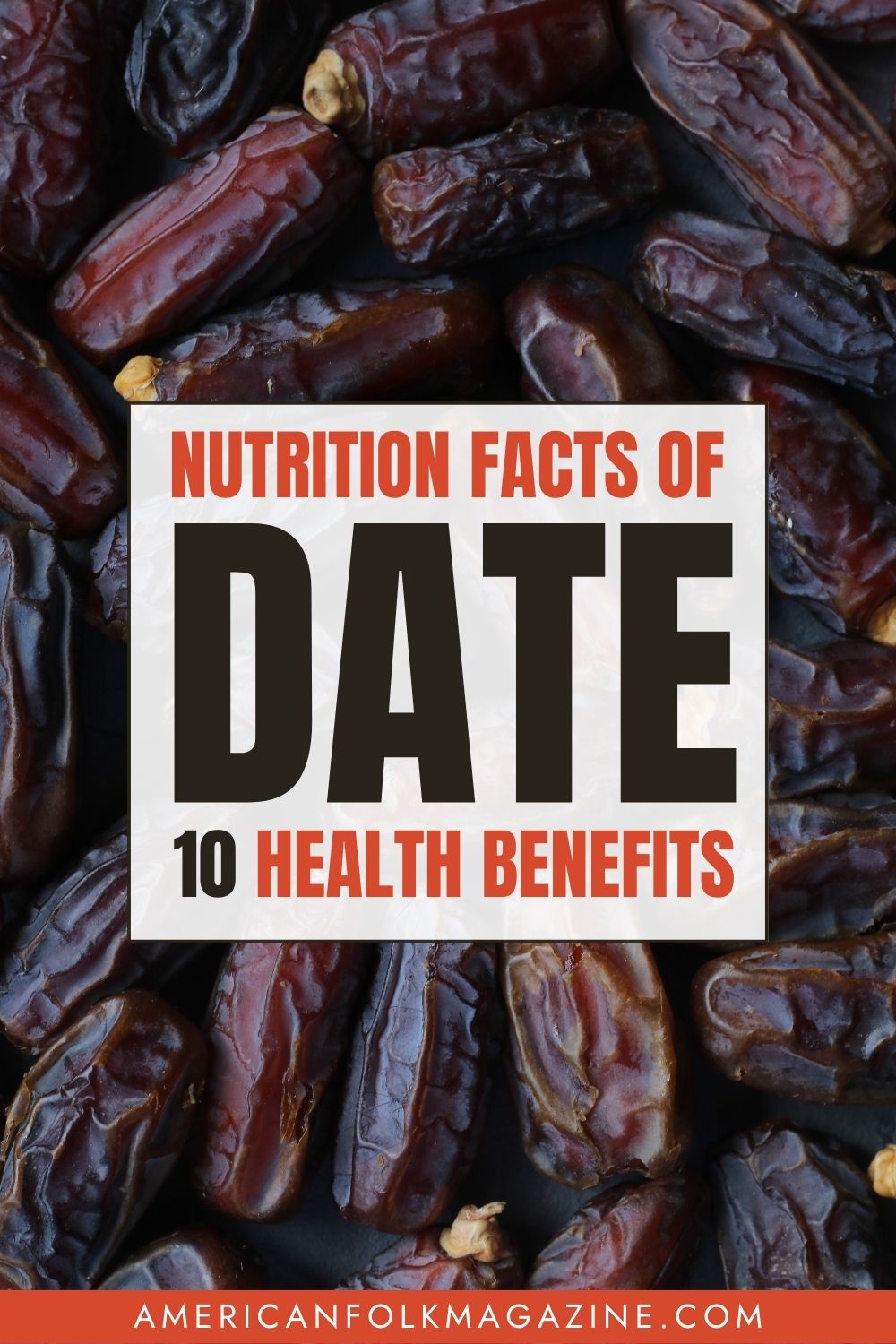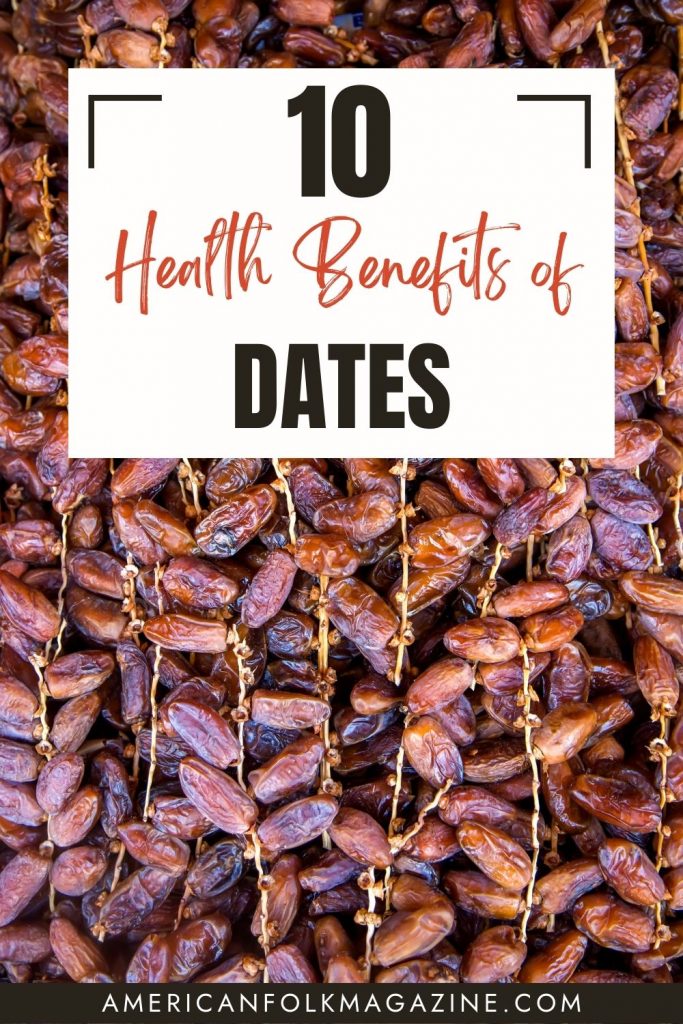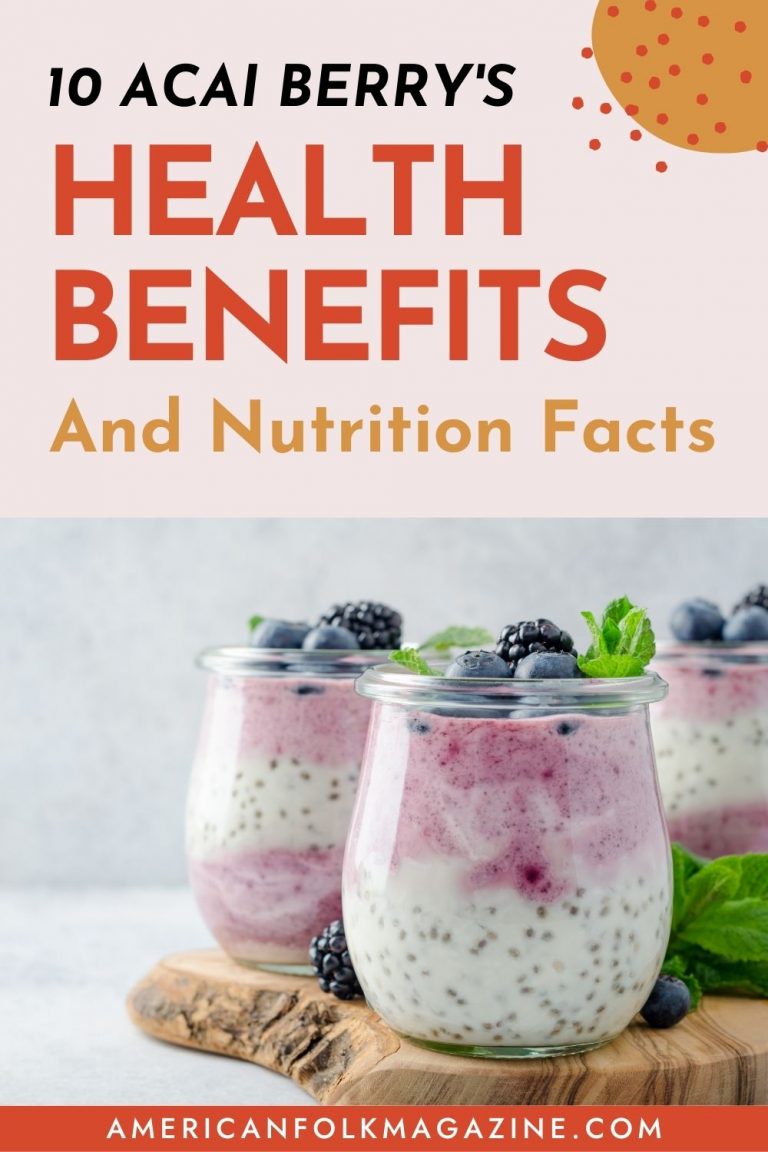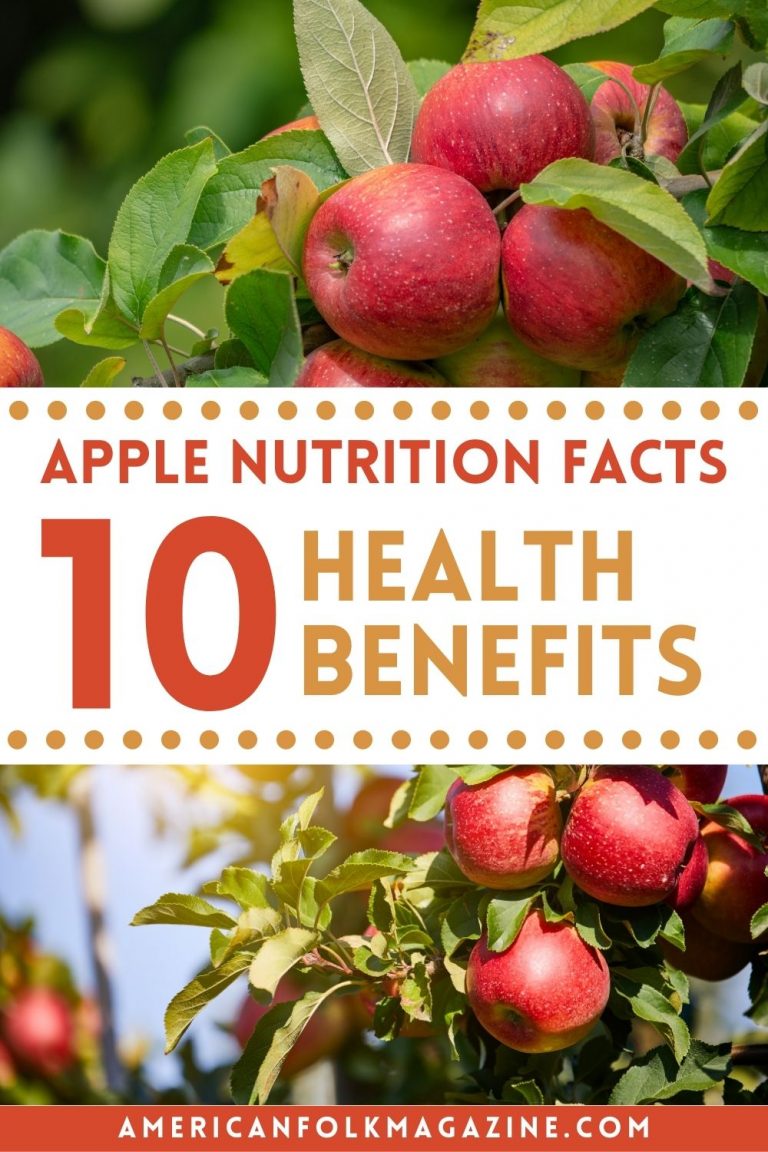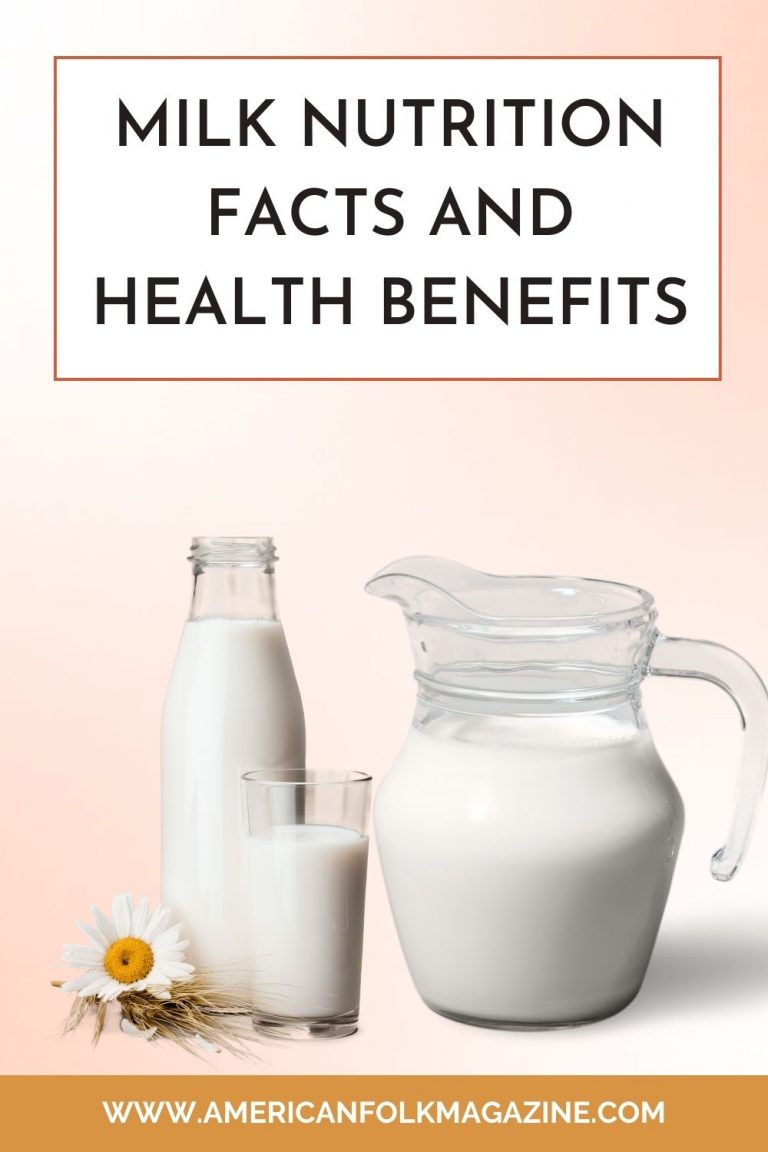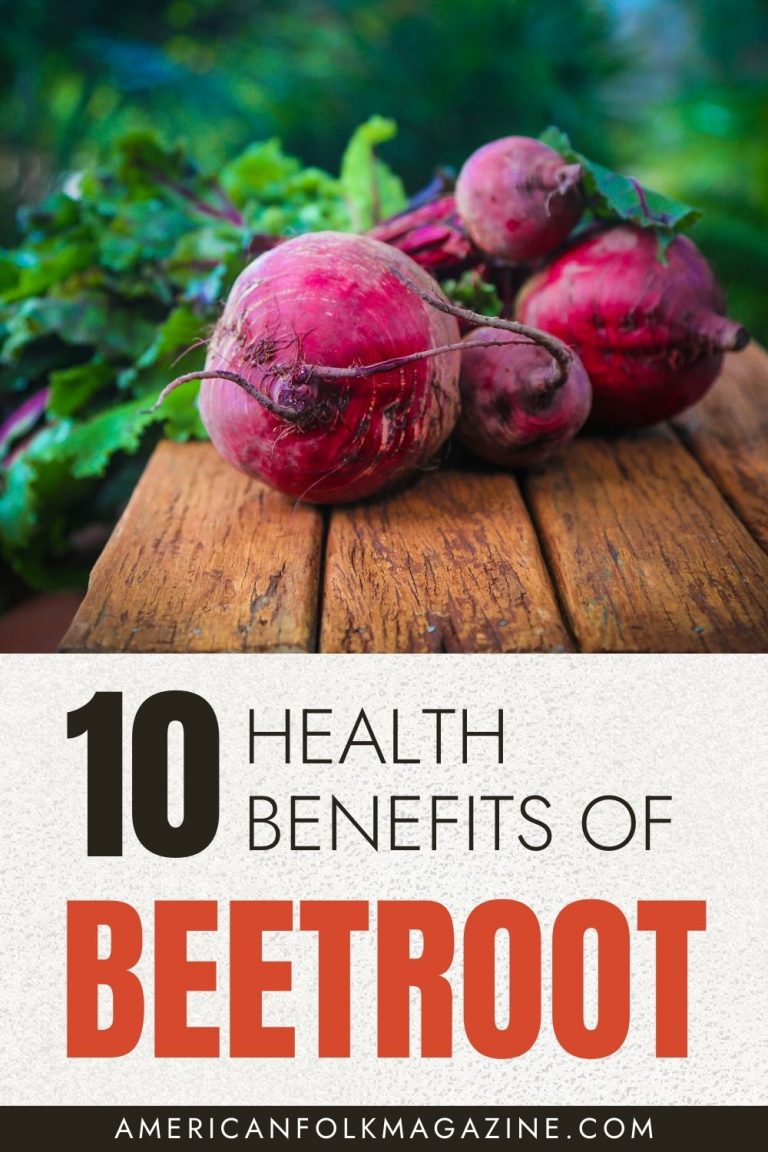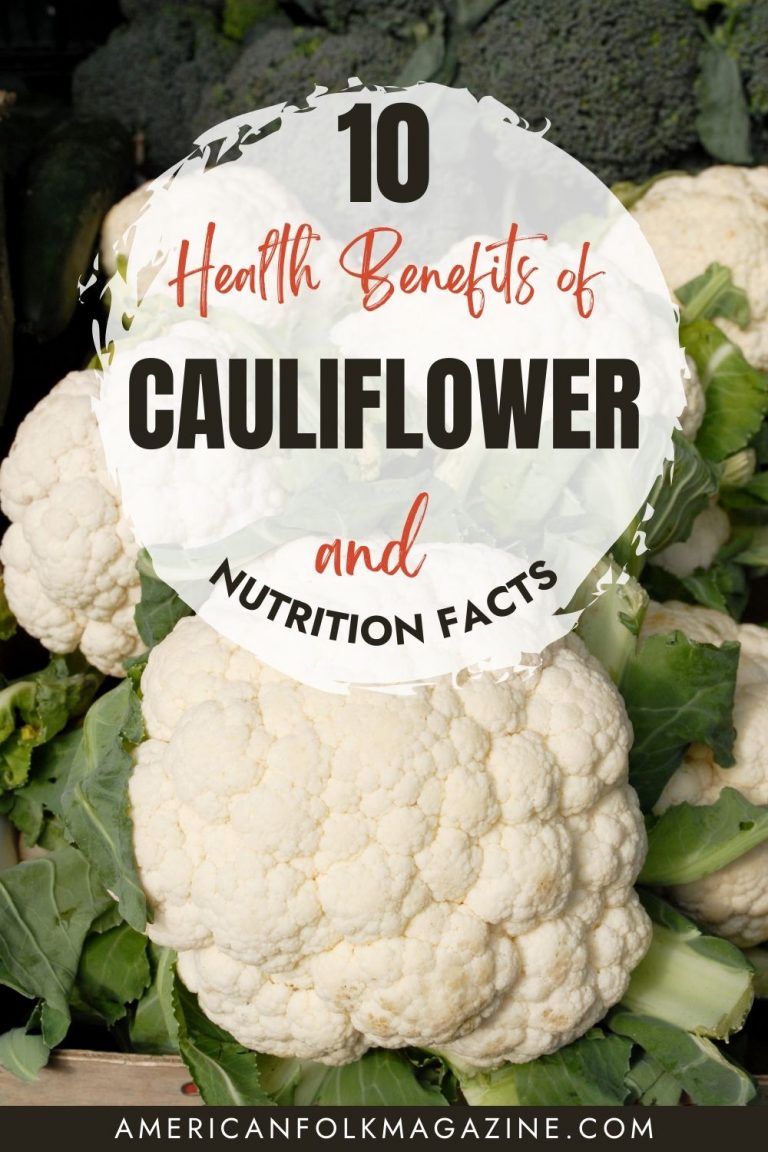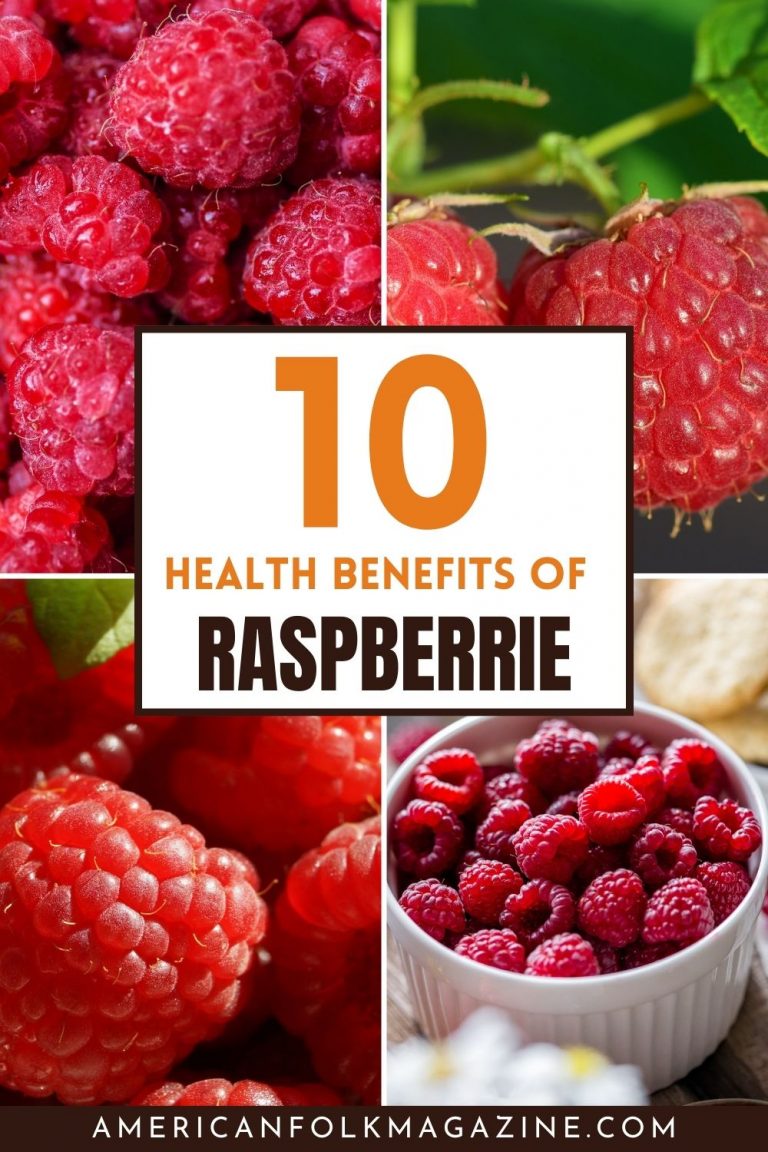Dates are not just a delicious and sweet treat; they are also packed with essential nutrients that can benefit your overall health. These small, wrinkled fruits have been cultivated for thousands of years and are enjoyed all around the world.
In this blog post, we will explore the nutritional profile of dates, their numerous health benefits, and how you can easily incorporate them into your diet.
Nutritional Facts of Dates
Dates are a nutritional powerhouse, containing a wide range of vitamins, minerals, and antioxidants. A single serving of dates, which is about four to six dates, provides approximately 277 calories.
They are also a good source of fiber, with around 3 grams per serving. Additionally, dates are rich in potassium, magnesium, and manganese, which are essential minerals for maintaining a healthy body.
When comparing different types of dates, Medjool dates stand out as they are larger and have higher sugar content. However, they also contain more fiber, potassium, and magnesium compared to other varieties.
Here is a breakdown of the nutritional content of dates:
| Nutrient | Amount per serving |
|---|---|
| Calories | 277 |
| Protein | 2 grams |
| Carbohydrates | 75 grams |
| Fiber | 3 grams |
| Potassium | 20% of the RDI |
| Magnesium | 14% of the RDI |
| Manganese | 15% of the RDI |
Health Benefits of Dates
1. High in Nutrients
Dates are a nutritional powerhouse, laden with a plethora of essential vitamins and minerals. These include vitamin B6, niacin, and iron. Vitamin B6 plays a critical role in brain development and function, while niacin, another B-vitamin, aids in the conversion of food into energy. Iron, on the other hand, is essential for red blood cell production.
2. Rich in Antioxidants
Antioxidants are vital for good health as they protect our cells from potential damage caused by harmful free radicals. Dates are brimming with these protective compounds. Including them in your diet can support your body’s natural defenses and boost overall health.
3. Good for Heart Health
Dates are an excellent source of potassium, a mineral that plays a pivotal role in maintaining heart health. Regular consumption of potassium helps regulate blood pressure levels, consequently reducing the risk of heart disease and stroke.
4. May Ease Natural Labor
Traditionally, dates have been consumed by pregnant women due to their potential benefits related to labor and childbirth. They are believed to help with labor progression and may reduce the need for medical interventions, making the birthing process smoother and more natural.
5. Supports Digestive Health
With their high fiber content, dates promote healthy digestion and help prevent constipation. Fiber aids in maintaining regular bowel movements, supporting a healthy digestive tract, and reducing the risk of digestive disorders.
6. Might Protect Against Cognitive Decline
Preliminary research suggests that dates may have neuroprotective properties, possibly reducing the risk of cognitive decline and diseases like Alzheimer’s. Although more studies are needed, including dates in your diet could contribute to long-term brain health.
7. Natural Sweetener with Nutritional Value
Dates can act as a natural sweetener, offering a healthier alternative to refined sugar. Besides imparting sweetness, they also provide essential nutrients, making them a much healthier choice for those wanting to cut down on their sugar intake without compromising on taste.
8. Rich Source of Vitamins
Besides being packed with minerals, dates are also a good source of vitamins A, K, and various B vitamins. Vitamin A supports eye health, vitamin K plays a role in blood clotting, and B vitamins contribute to energy production and cell health.
9. Provides Essential Minerals
Dates are rich in various essential minerals such as potassium, magnesium, and manganese. These minerals play a crucial role in a multitude of bodily functions, including maintaining a healthy nervous system, supporting muscle function, and aiding in energy production.
10. Good for Bone Health
Dates are rich in calcium and phosphorus, both of which contribute significantly to maintaining strong and healthy bones. Regular consumption of dates may, therefore, support bone health and potentially ward off conditions like osteoporosis.
How to Incorporate Dates into Your Diet
Incorporating dates into your diet is easy and delicious. Here are some suggestions:
- Snack on dates as they are, or pair them with nuts for a healthy and satisfying snack.
- Add chopped dates to your morning oatmeal or yogurt for a natural sweetener.
- Use dates as a natural sweetener in baking recipes, such as energy bars or homemade granola.
- Blend dates into smoothies for natural sweetness and added fiber.
However, it is important to consume dates in moderation due to their high sugar content. While they offer numerous health benefits, excessive consumption can lead to weight gain and blood sugar imbalances.
Conclusion
Dates are not only a delightful treat but also a nutritional powerhouse. With their impressive nutritional profile and numerous health benefits, they are a valuable addition to any diet.
From supporting heart health to aiding digestion, dates offer a range of advantages. So why not consider adding these sweet gems to your daily routine and enjoy the many benefits they have to offer?
References:
- 8 Proven Health Benefits of Dates (healthline.com)
- Dates Nutrition Facts and Health Benefits (verywellfit.com)
- 18 Evidence-Based Health Benefits Of Dates, Nutrition, & Types (stylecraze.com)
Pin It In Your Board
